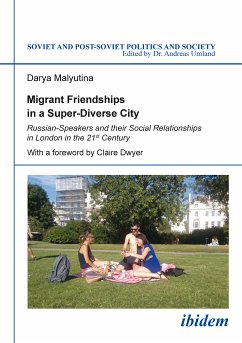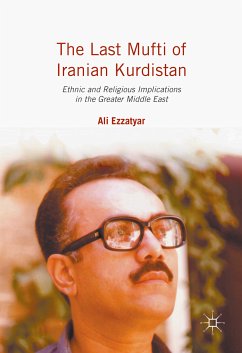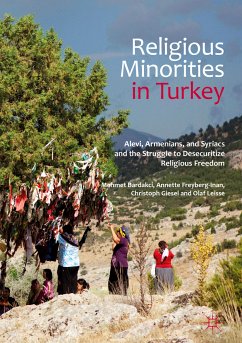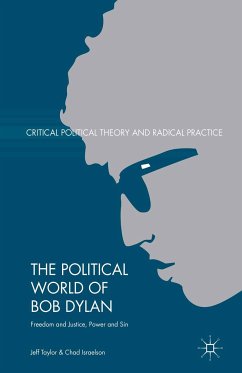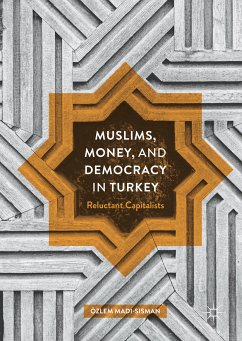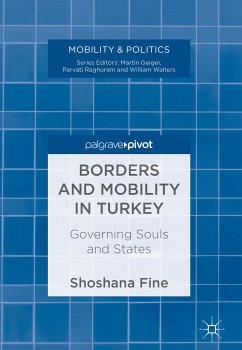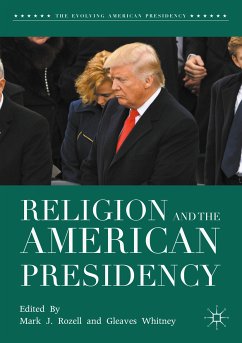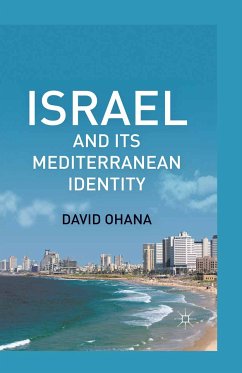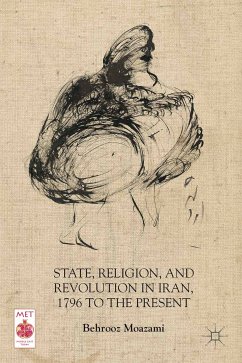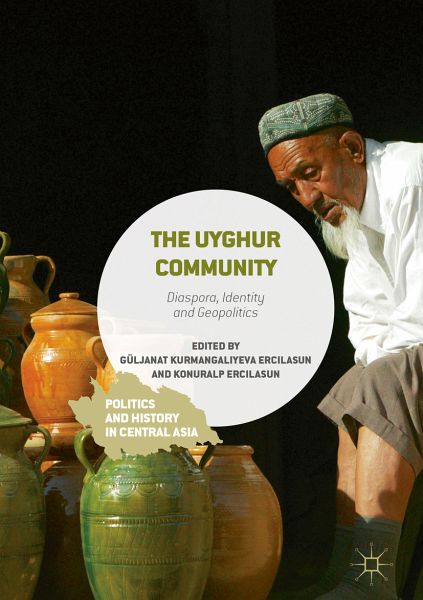
The Uyghur Community (eBook, PDF)
Diaspora, Identity and Geopolitics
Redaktion: Kurmangaliyeva Ercilasun, Güljanat; Ercilasun, Konuralp
Versandkostenfrei!
Sofort per Download lieferbar
120,95 €
inkl. MwSt.
Weitere Ausgaben:

PAYBACK Punkte
60 °P sammeln!
Offers key insights into the Uyghur community, notably in regards to identity, religion and diaspora
Addresses the issue of identity politics and the Uyghur relationship with China
Examines the 2009 Urumqi clashes and their long term impact on Turkish-Chinese relations
Addresses the issue of identity politics and the Uyghur relationship with China
Examines the 2009 Urumqi clashes and their long term impact on Turkish-Chinese relations
Dieser Download kann aus rechtlichen Gründen nur mit Rechnungsadresse in A, B, BG, CY, CZ, D, DK, EW, E, FIN, F, GR, HR, H, IRL, I, LT, L, LR, M, NL, PL, P, R, S, SLO, SK ausgeliefert werden.



